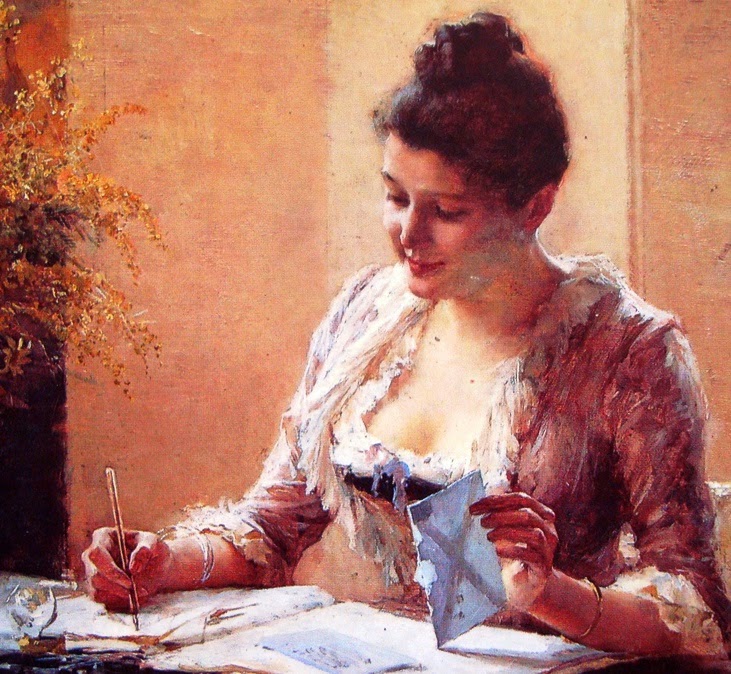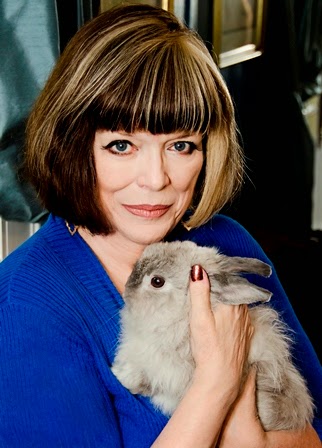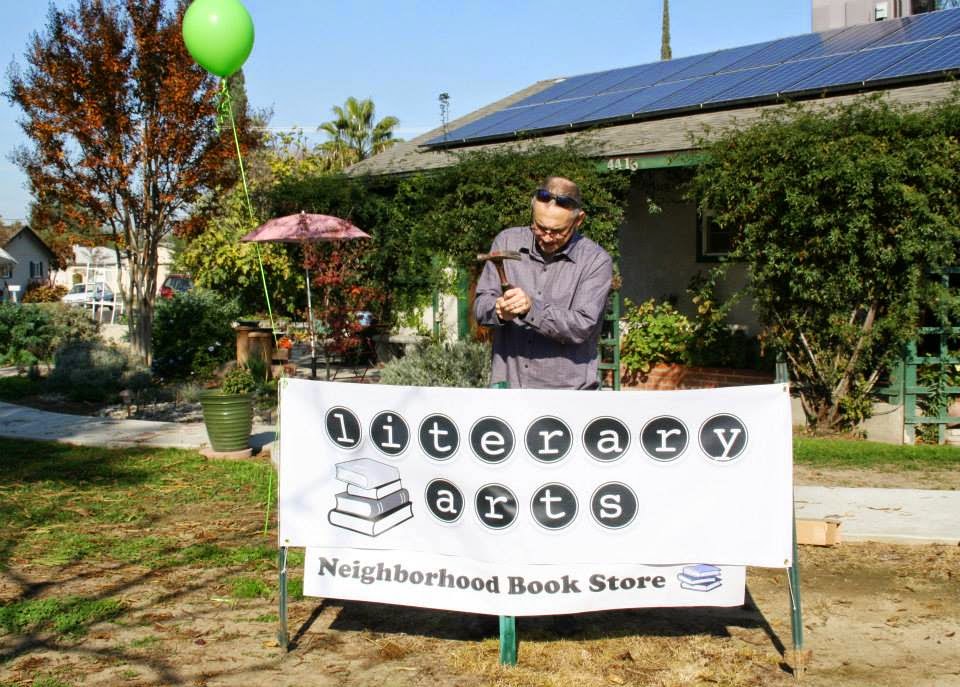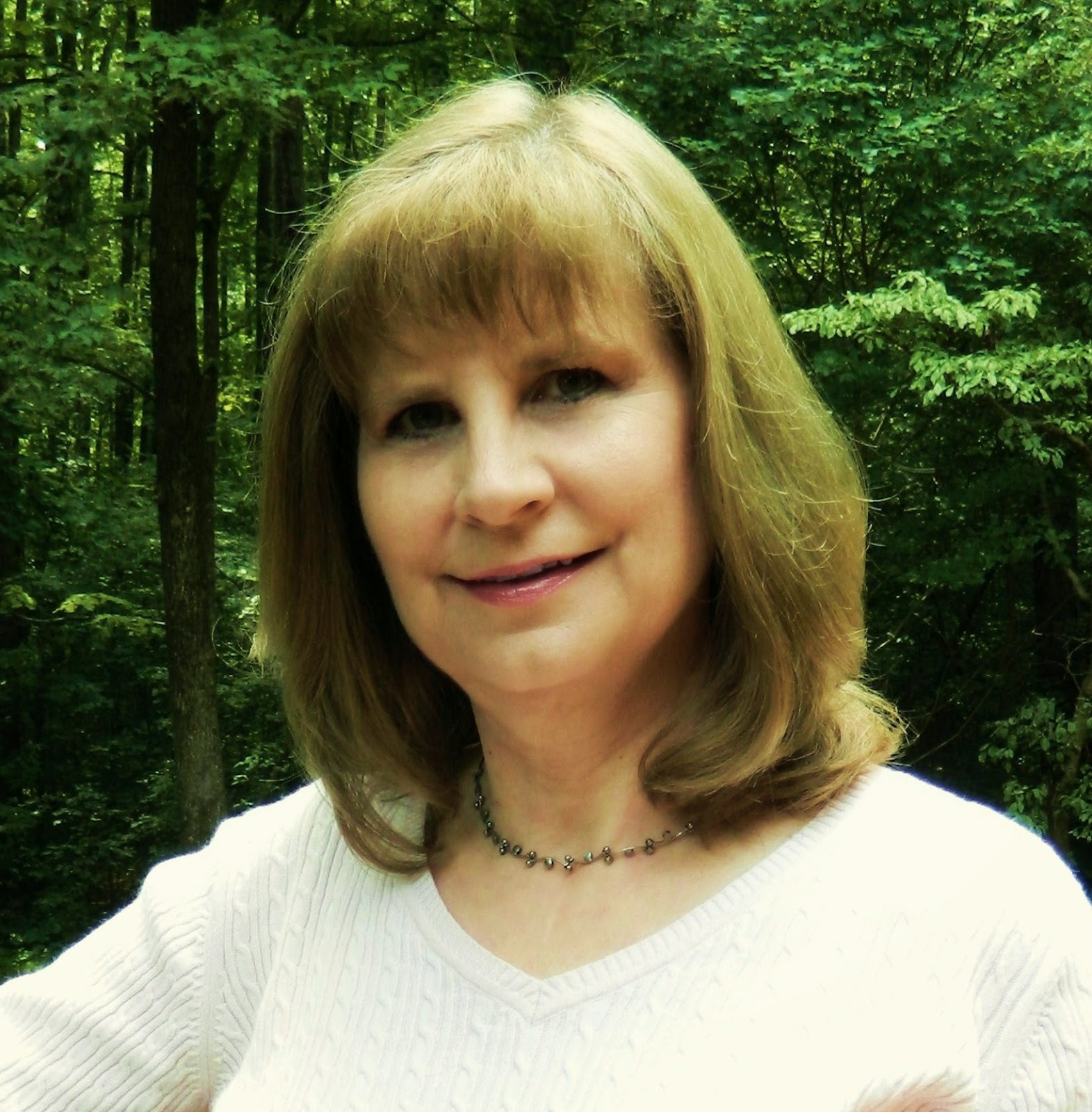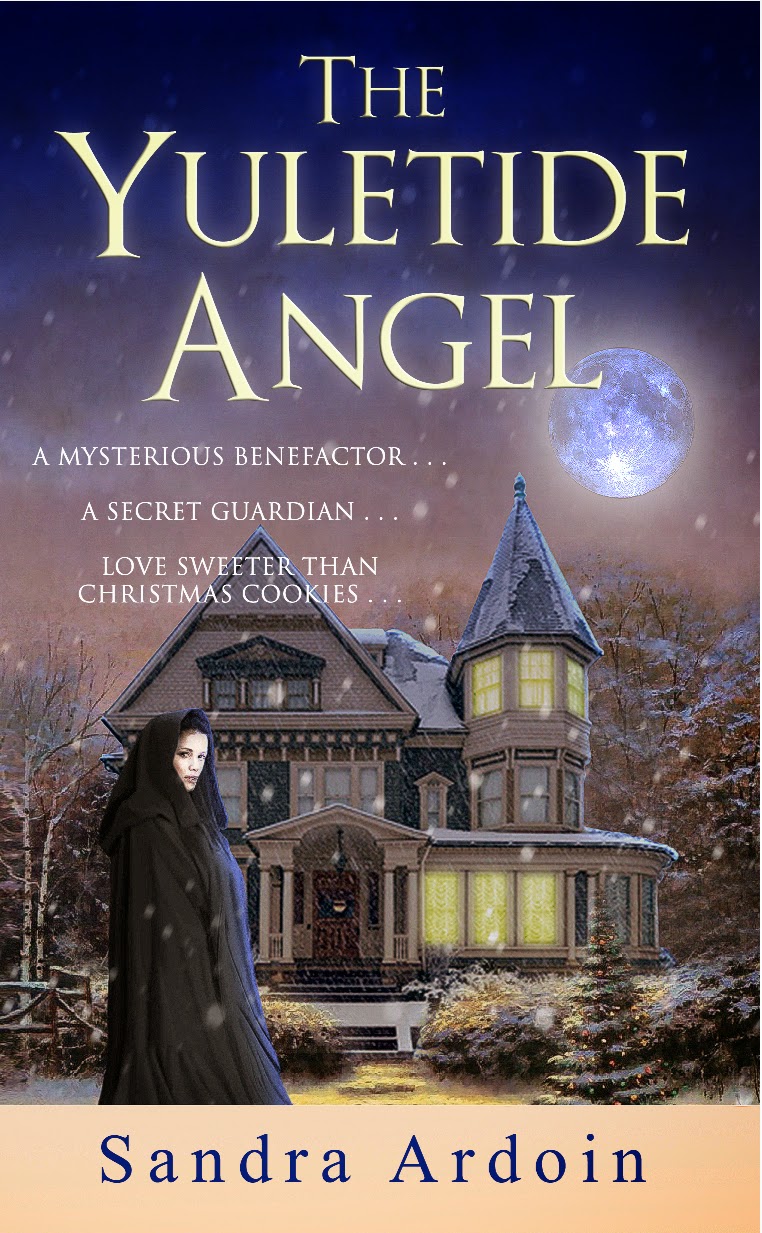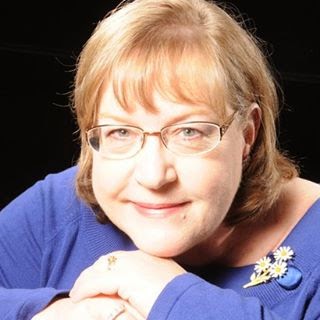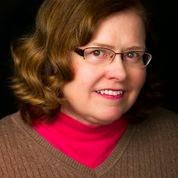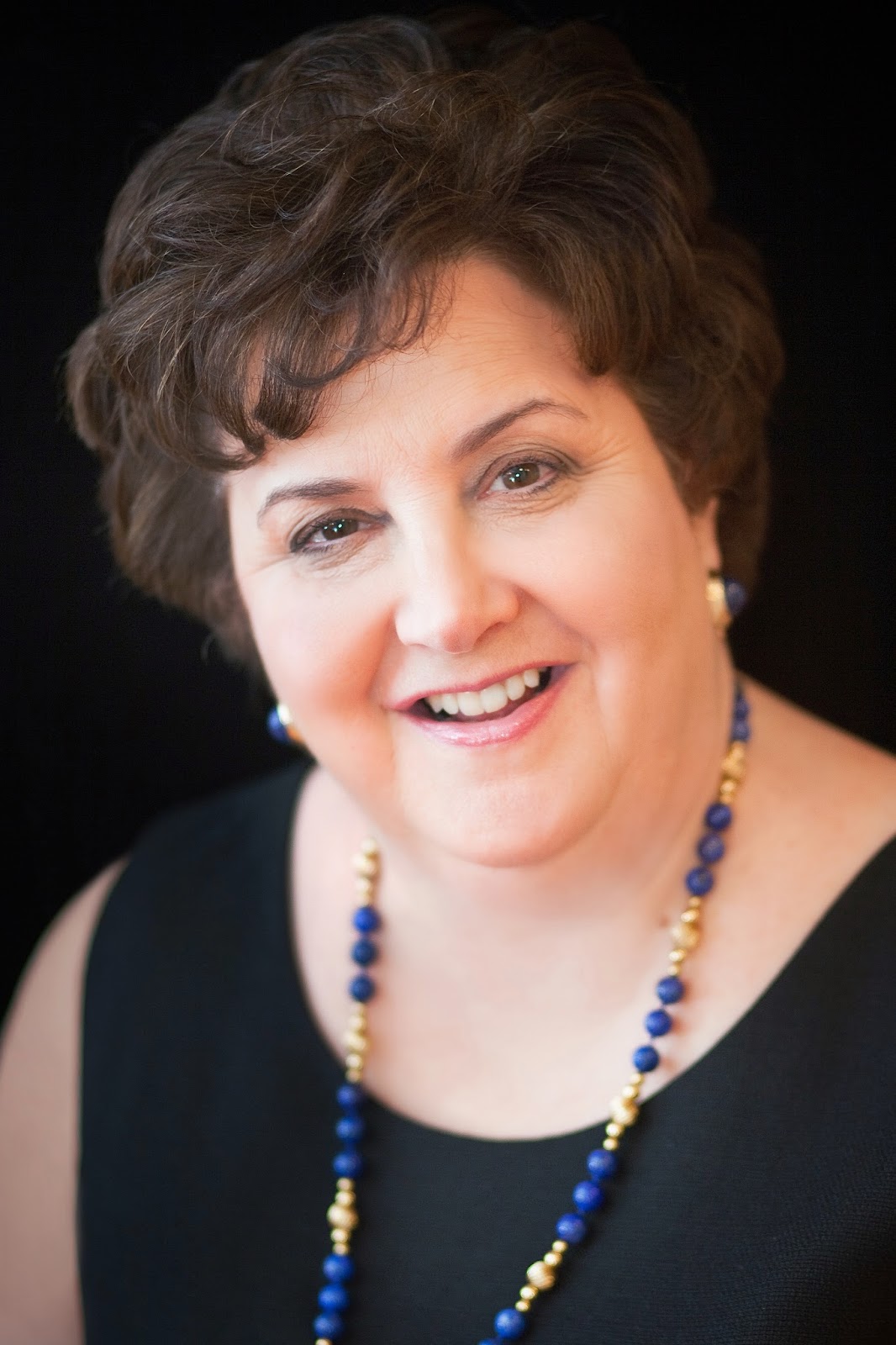Holidays
I’m here to talk about holidays. Since we recently celebrated Christmas, holidays are on my mind.
Did you there are hundreds of holidays that are celebrated and/or observed in the United States? We have Federal Holidays which is an authorized holiday that has been recognized by the U.S. government; then there are celebrations and observations; religious observations; state and local municipalities observations; the list can go on and on.
How did these holidays come into existence? What do they all mean? Well, I’m going to tell you.
Federal Holidays
- New Year’s Day is January 1. The celebration of this holiday begins the night before, when Americans gather to wish each other a happy and prosperous coming year.
- Martin Luther King, Jr. Day is celebrated on the third Monday in January. The Reverend Martin Luther King, Jr. was an African-American clergyman who is recognized for his tireless efforts to win civil rights for all people through nonviolent means.
- Washington’s Birthday is observed the third Monday of February in honor George Washington, the first President of the United States. This date is commonly called Presidents’ Day.
- Memorial Day is observed the last Monday of May. It originally honored the people killed in the American Civil War, but has become a day on which the American dead of all wars are remembered.
- Independence Day is July 4. This holiday honors the nation’s birthday – the adoption of the Declaration of Independence on July 4, 1776.
- Labor Day is the first Monday of September. This holiday honors the nation’s working people. For most Americans it marks the end of the summer vacation season and the start of the school year.
- Columbus Day is a celebrated on the second Monday in October. The day commemorates October 12, 1492, when Italian navigator Christopher Columbus landed in the New World. The holiday was first proclaimed in 1937 by President Franklin D. Roosevelt.
- Veterans Day is celebrated on November 11. This holiday was originally called Armistice Day and established to honor Americans who had served in World War I. It now honors veterans of all wars in which the U.S. has fought.
- Thanksgiving Day is celebrated on the fourth Thursday in November. In the fall of 1621, the Pilgrims held a three-day feast to celebrate a bountiful harvest. Many regard this event as the nation’s first Thanksgiving.
- Christmas Day is a celebrated on December 25. Christmas is a Christian holiday marking the birth of the Christ Child.
Other Celebrations and Observances
- Groundhog Day is February 2 and has been celebrated since 1887. On Groundhog Day, crowds gather in Punxsutawney, Pennsylvania, to see if groundhog Punxsutawney Phil sees his shadow after emerging from his burrow, thus predicting six more weeks of winter weather.
- Valentine’s Day is celebrated on February 14. The day was named after an early Christian martyr. The first mass-produced valentine cards were sold in the 1840s.
- Earth Day is observed on April 22. First celebrated in 1970 in the United States, it inspired national legislation such as the Clean Air and Clean Water Acts. Earth Day is designed to promote ecology, encourage respect for life on earth, and highlight concern over pollution of the soil, air, and water.
- National Arbor Day was proclaimed as the last Friday in April by President Richard Nixon in 1970. The observance began in 1872, when Nebraska settlers and homesteaders were urged to plant trees on the largely treeless plains.
- Mother’s Day is the second Sunday of May. President Woodrow Wilson issued a proclamation in 1914 that started the holiday. He asked Americans to give a public expression of reverence to mothers on this day. Carnations have come to represent Mother’s Day, following President William McKinley’s habit of always wearing a white carnation, his mother’s favorite flower.
- Flag Day, celebrated June 14, has been a presidentially proclaimed observance since 1916. Although Flag Day is not a federal holiday, Americans are encouraged to display the flag outside their homes and businesses on this day to honor the history and heritage the American flag represents.
Father’s Day celebrates fathers every third Sunday of June.
- Father’s Day began in 1909 in Spokane, Washington, when a daughter requested a special day to honor her father, a Civil War veteran who raised his children after his wife died. The first presidential proclamation honoring fathers was issued in 1966 by President Lyndon Johnson.
- September 11, 2001, was a defining moment in American history. On that day, terrorists hijacked four commercial airliners to strike targets in the United States. Nearly 3,000 people died as a consequence of the attacks. Patriot Day and National Day of Service and Remembrance are observed on September 11 in honor of the victims of these attacks.
- Halloween is celebrated on October 31 where American children dress up in funny or scary costumes and go “trick or treating” by knocking on doors in their neighborhood. Adults might celebrate Halloween with costume parties.
- Pearl Harbor Remembrance Day is December 7. In 1994, Congress designated this national observance to honor the more than 2,400 military service personnel who died on this date in 1941, during the surprise attack on Pearl Harbor, Hawaii, by Japanese forces.
There are many religious and ethnic celebrations in the United States; even though they are not national holidays. For example, Christians celebrate the resurrection of Jesus Christ on Easter, Jews observe their high holy days in September, and Muslims celebrate Ramadan.
Source: USA.gov
My favorite holiday is Thanksgiving where families gather together to enjoy a good meal and good company.
What’s your favorite holiday to celebrate?







